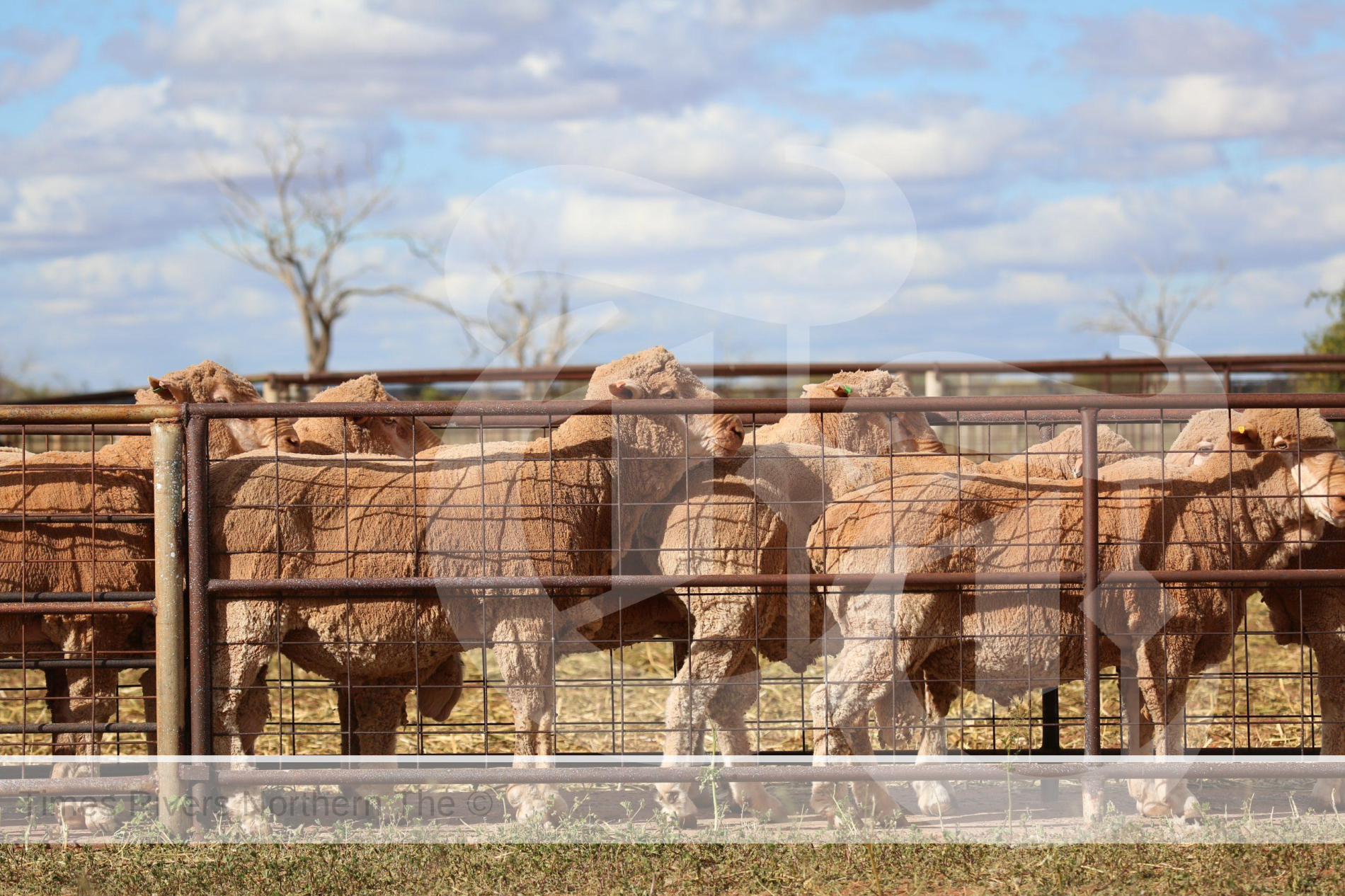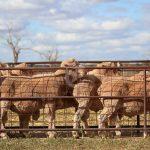Senate Inquiry confirms unconscionable treatment of growers by big supermarkets and Bunnings
The NFF Horticulture Council has today welcomed the report by the Senate Select Committee on Supermarket Prices, which reveals the true cost of supermarket power and exploitative behaviour being borne by both Australian households and the national horticulture industry.
Chair of the Council Jolyon Burnett said that while the evidence of price gouging at the checkout has not surprised anyone, there has been shock at the evidence of widespread appalling treatment of fresh produce suppliers.
“What started as an important investigation into supermarket pricing practices on struggling households has also provided widespread examples and growing appreciation of the impacts of supermarket profiteering on the sustainability of Australian fresh produce and nursery businesses and supply chains,” said Mr Burnett.
Advertisements

“The Select Committee has today reported on troubling testimony from growers, of predatory pricing practices that exploit the perishable nature of fresh produce, the imposition on growers of costs and risks outside their control, and of an almost universal fear of commercial retribution should any objections be raised.
“Not only are growers getting a raw deal with every trade, they’re also left with little profit to reinvest in the productivity of their businesses. Our partners, including transport operators, are also getting squeezed leaving our food supply chain weak and susceptible to disruption.
“But this report is just part of a growing base of evidence that is painting supermarkets and Bunnings in the same light as the big four banks following the Royal Commission into that industry.
“Still unfolding is the Review of the Food and Grocery Code of Conduct led by Dr Craig Emerson, due to report by 30 June, and the ACCC Supermarkets Inquiry 2024-25, expected to table an interim report no later than 31 August with a final report due next February.
“We expect the ACCC reporting in particular to paint a far more vivid picture of unscrupulous supermarket practices given the addition powers of the ACCC to compel evidence and testimony.
The Council has welcomed recommendations by the Select Committee to dramatically tighten provisions within the Food and Grocery Code and attach significant penalties for any breaches.
“These recommendations accord with those already being flagged by Dr Emerson and will work to start levelling the playing field for growers,” said Mr Burnett.
“But it will all be for nothing if the ACCC isn’t appropriately empowered and resourced to act as a tough cop on the beat.
“The incentives and drive everyday within supermarkets and Bunnings to deliver ever greater profits to shareholders at the expense of consumers and growers has to be met, not just by big penalties for breaching the Food and Grocery Code and other Competition Law, but by the very real prospect of getting caught.
“So, along with many customers and supermarket suppliers, the Council is calling on the Federal government in its Budget next week to deliver a substantial, ongoing investment in the ACCC to deliver on its new monitoring and compliance expectations.
For more rural news, click here.





 Tweed Shire News2 years ago
Tweed Shire News2 years ago
 Motoring News1 year ago
Motoring News1 year ago
 COVID-19 Northern Rivers News3 years ago
COVID-19 Northern Rivers News3 years ago
 COVID-19 Northern Rivers News3 years ago
COVID-19 Northern Rivers News3 years ago
 Northern Rivers Local News3 years ago
Northern Rivers Local News3 years ago
 Health News3 years ago
Health News3 years ago
 COVID-19 Northern Rivers News3 years ago
COVID-19 Northern Rivers News3 years ago
 NSW Breaking News3 years ago
NSW Breaking News3 years ago


























